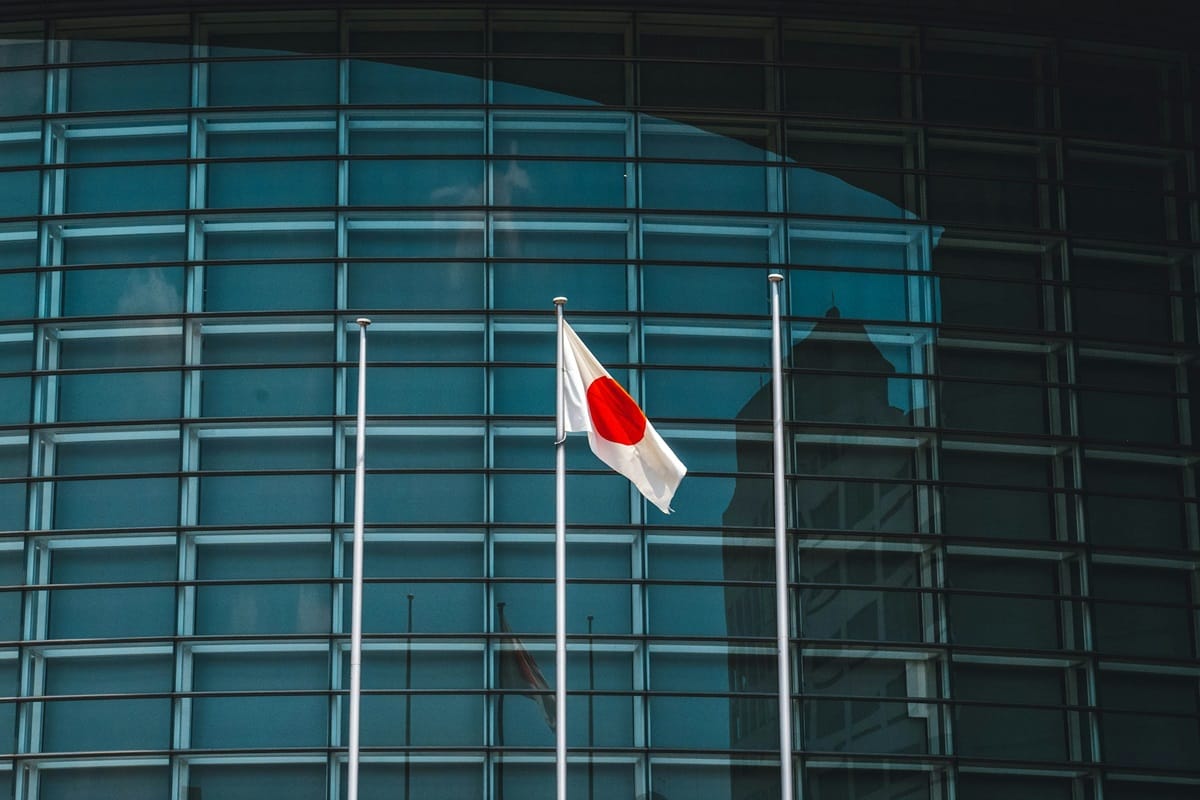Governor of the Bank of Japan Kazuo Ueda and his deputy said that after this Asian country shifted away from the 0% inflation norm, opportunities for a gradual increase in interest rates were formed.

Deputy Governor of the Bank of Japan Shinichi Uchida on Monday, May 27, during a speech at the annual international conference organized by this financial regulator, said that the task remains to anchor the inflation expectations at 2%, but the end of the battle is near. In this case, it implies the mission of the central bank of an Asian country to overcome the excessive growth in the cost of goods and services.
Kazuo Ueda has already pledged that the financial regulator will adhere to a cautious strategy of action after making progress in moving away from expectations of zero inflation. The opening comments of the head of the Bank of Japan at the mentioned conference also referred to the need to avoid interest rates losing their effectiveness due to too low a level.
Statements by two of the most influential officials of the central bank of the Asian country indicate that recently the financial regulator has focused on adjusting the level of stimulus measures against the background of improving price tendency, abandoning the strategy of changing deflationary behavior through large-scale monetary policy easing.
For the 25th month through April, inflation remained at or above the Bank of Japan’s target. Currently, the benchmark rate of the financial regulator is at 0 to 0.1%. The Bank of Japan is expected to raise interest rates by the end of 2024.
During a conversation with media representatives, Takako Masai, a former member of the board of the central bank of the Asian country, said that the financial regulator has the opportunity to increase rates to 0.5% in the current year. At the same time, it was noted that this possibility will remain a reality only if the present state of Japan’s economic system does not change in the foreseeable future.
Shinichi Uchida on Monday also spoke about changes in consumer behavior, which indicate that ordinary buyers and companies no longer expect prices to be within a stable range, and not subject to any changes. Currently, the number of firms, which are convinced that an upward revision of the pricing policy will not entail shrinking the customer base, in Japan is also increasing. Shinichi Uchida also noted that in recent years, workers in the Asian country have been less likely to agree to a lower salary increase in exchange for job security.
Comments by officials of the Bank of Japan indicate that the financial regulator is forming a kind of platform for further interest rate increases. At the same time, Kazuo Ueda said that after a long period of absence of any changes in the cost of borrowing, it is extremely difficult to assess what impact the revision of the corresponding indicator will have on the state of affairs in the economic system of an Asian country. This is an example of a kind of symbolic distance between theoretical assumptions and the prospects of their materialization in the practical plane. Also in this context, the Governor of the Bank of Japan noted that so far there is no understanding of what a neutral interest rate might be. Kazuo Ueda emphasized that the current task of a financial institution is to anchor inflation expectations at the level of 2%.
John Taylor, the originator of the Taylor rule, was invited to the conference held on Monday as a keynote speaker. The mentioned rule projects the level of interest rates needed to stabilize the economy based on certain assumptions, including minimum unemployment levels and growth potential. Kazuo Ueda says that the heads of central banks always pay attention to this rule. In this context, the Governor of the Bank of Japan noted that the result of using the model is variations depending on-premises.
The Taylor rule is a popular method of orthodox policymaking, which watchers of the central bank of the Asian country, including Toshitaka Sekine, former chief economist of this financial institution, call the main reason for the expectation of an increase in interest rates.
As we have reported earlier, Japan’s Economy Contracts.









